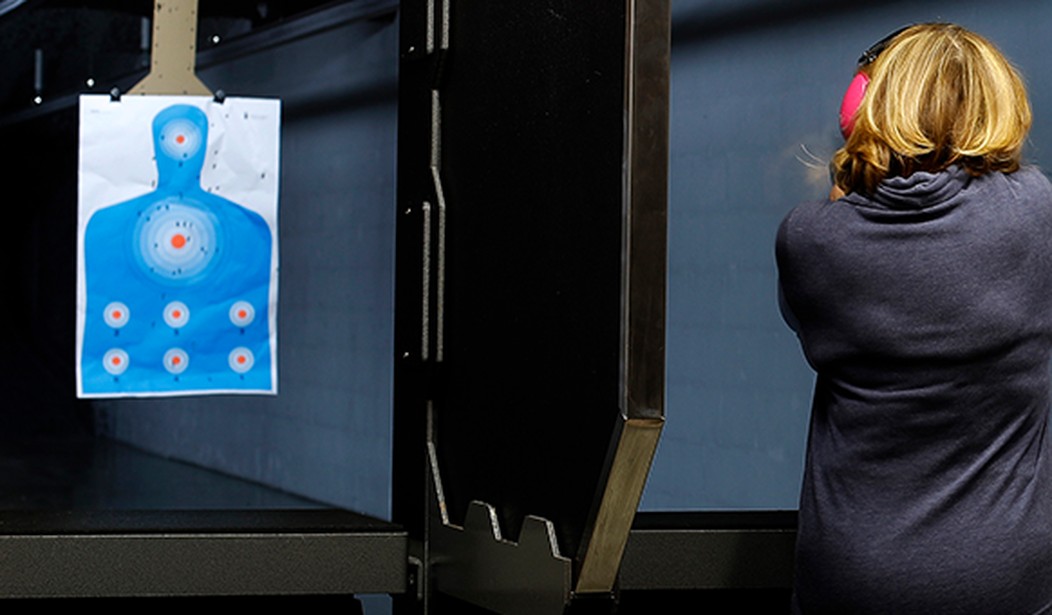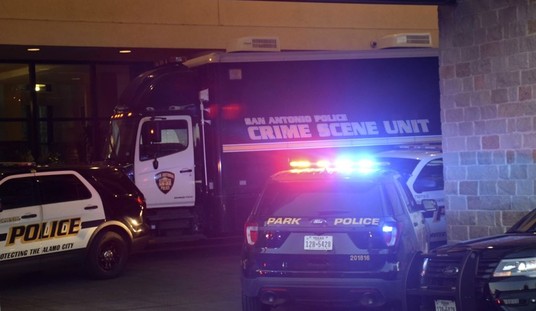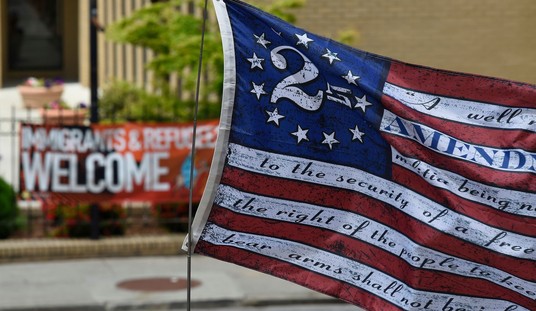If you’re a new gun owner or looking to get involved in the shooting sports, things can be intimidating. Gun ownership has done nothing but climb in the United States, with a recent poll signifying that the balance has tipped, with more than half the households stating they have firearms in their homes. Self-defense is the number one listed reason for gun ownership. Training and education is paramount for anyone thinking of bringing a firearm into their life, and that can be a scary thing. It’s important that the new or prospective gun owner does their homework and is assured they’re going to get what they’re paying for!
Recently I had a conversation with a good friend and colleague of mine. He’s a budding 2A writer, that is he’s started to roll out articles here and there, but his expertise as a firearms trainer is what originally brought me to him.
I had the opportunity to train under the gentleman, doing some instructor development class, we hit it off, and have stayed in touch. The finer points of the conversation don’t matter, but what does is the overall content. How do we as fellow trainers ensure others are consistent in the quality of the education we provide to students?
This is a very real issue a person seeking training needs to consider. Is what I’m paying for what I’m getting? If you’ve never known anything about guns and firearms, then how are you to know that the experience you’re getting is of the proper quality?
The issue came up when my colleague found out another instructor he knew was not teaching a specific class to the mandated syllabus. There are a whole host of commercial firearm training methods and groups, with the two most common being the National Rifle Association and the United States Concealed Carry Association. Both of those organizations have strict and explicit standards on how instructors are supposed to teach their material.
In my friend’s case, clearing up any misconception on how a class is supposed to be taught was done with a quick phone call. It’s important that we as instructors do keep each other on the right paths and help each other out when it’s needed. When the same friend had what I thought was an issue with an assistant instructor, I approached him about it, we discussed it, and everyone got on the same page.
But what are consumers of training able or supposed to do to find out if whatever class they’re taking is bonafide and being taught to a T? Outside of getting one’s hands on a course syllabus, the only other way to know is by research.
Some of the things you should be looking out for when selecting a training opportunity:
- Does the instructor/school have a dedicated professional website? Do they use email addresses that are attached to that URL or are they leaning on some “free” email service? It’s not a foregone conclusion that a trainer that does not have a “professional” email address or website won’t do things the right way, but it could be a flag on the play. Full disclosure, I don’t use a “professional” email account for my training hustle myself.
- Find out what the parent organization says about the class and compare it to the instructor or training facility. If the NRA or USCCA says a class is supposed to take “x” amount of time, the instructor and facility should be advertising that amount of time as a minimum.
- Hit the search engine and see if there’s anything about the instructor or facility. If they’re big enough, they might have hits on the Better Business Bureau. See what kind of intel you can gather from web searches.
- Read the reviews. Don’t just read the reviews that are on their site or social media, but also third party review sites.
- If you’re not in the “gun community” yet, it’s hard to ask those you know. However, hopping on social media and finding pages dedicated to the Second Amendment and shooting content in your area or state would be prudent. Ask around online in private groups and see what people say about who you’re considering to take training from.
- Ask questions. Flat out inquire if the instructor/facility keeps to the exact syllabus or if they waver. If they waver, chances have it the certificate you receive is considered invalid. Yes, it’s possible they’d lie about that if they’re not being honest in their teaching to begin with, but it does not hurt to ask.
- Reach out to the parent organization and ask about what you should expect in advance. You can also ask them if they have any instructors they recommend, such as ones that have advanced onto being trainer trainers, those who instruct instructors. Chances have it those who are instructor instructors are more vetted than the rest, with the organization putting more faith in them.
- If you have a state organization or local gun club, you can always reach out to them. Ask who’s the top three best instructors in the area. How about a bit further away? There might be a location just outside your locality, but if it’s the “best,” why not go there?
These are just a few things that someone shopping for training should keep in mind. For those of you who run into a situation where they think the class they took is not what they paid for, you can always ask for a refund and state your reasoning. If you get friction over that, you could report that to the parent organization, or just leave a bad review for the instructor.
The problem we have is that if people don’t push back when they get crappy training, then the bad instructors are going to continue to pollute the market. All this does is make it more difficult on the guys and gals who are doing it the right way.
This can be intimidating, but there are resources out there! Do your research and ask around. It’ll pay off in the long run if you do your due diligence when selecting a training venue. Good luck out there! Think before you do, and stay safe!








Join the conversation as a VIP Member